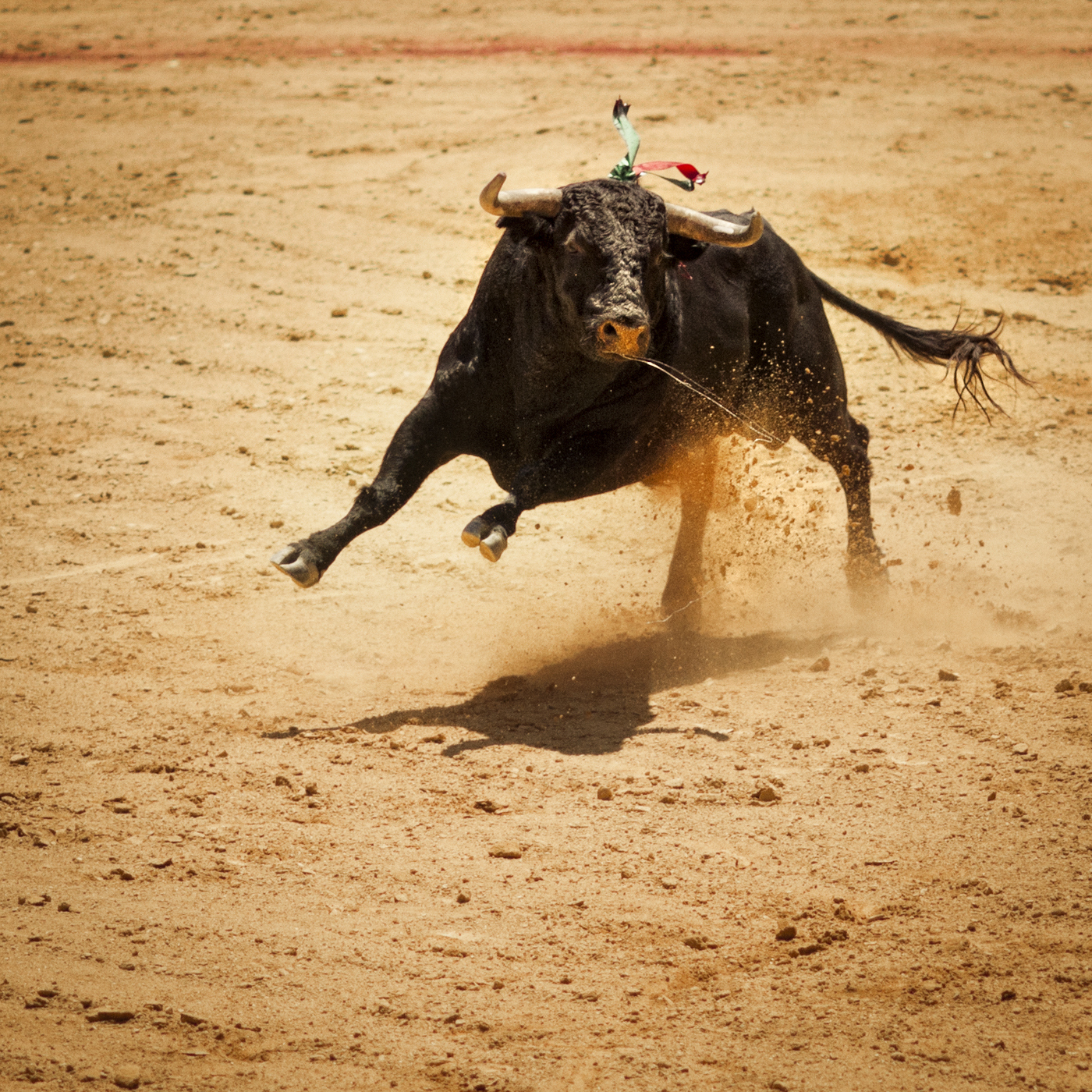Colombia’s Ban on Bullfighting: A Shift in Cultural Tradition and Ethical Priorities

|
Getting your Trinity Audio player ready... |
After more than seven years and many failed attempts, the plenary session of the House of Representatives of the Republic of Colombia approved a historic law banning bullfighting in the country in an unprecedented event. With 93 votes in favor and two against, the draft law will now go to the presidential office for approval.
The final debate in which the Congress announced the approval took place on May 29, and on June 5, the Senate of the Republic voted and approved the conciliation report of the draft law No. 309, which establishes the prohibition throughout the national territory of activities such as bullfights, novilladas, becerradas, rejoneo, tientas, bull runs and release of heifers, and all procedures related to the development of these spectacles, both in the public and private spheres.
Alejandro García Ríos, a member of the House of Representatives from the Alianza Verde political party who advocated for the prohibition, stated after the vote that with this decision, Colombia prioritizes animal welfare and demonstrates to the world that “it is undergoing a cultural transformation with dignity for all living beings.”
Other representatives from different political parties celebrated the decision, all agreeing that it was a historic moment for Colombia. On the social network X, congressman Andrés Felipe Jiménez from the Conservative Party said it was excellent news for the country as it protects the rights of sentient beings. From the Pacto Histórico party, representative Alexandra Vásquez tweeted that it is a great step to end torture disguised as culture.
The draft law includes the transformation of the venues where these activities took place, the bullrings, into spaces and buildings dedicated to culture, sports, art, and music; additionally, a transition plan is being considered for all those who can prove that they make a living from bullfighting. These people are planned to be included in the development of events and activities to be held in the cultural centers into which the bullrings will be converted.
![La Macarena bullring in Bogotá, Colombia. [Credit: iStock]](https://historica.world/wp-content/uploads/2024/06/Plaza-de-toros-1024x681.jpg)
Opinions in favor and against the bill
Important voices, such as the President of the Republic, Gustavo Petro, have celebrated the ban. The President congratulated those who have fought for years to ensure that death is no longer a spectacle in Colombia. On the other hand, the British NGO Animal Defenders, through its representative in Latin America, stated that the country deserved this decision.
Cities such as Cali and Manizales are some of those that annually celebrate bullfighting. The Manizales Fair, with its bullfighting season, has been held for almost 70 years. The event, which usually lasts 15 days, generates around 33 billion pesos, more than 8 million dollars.
Jorge Eduardo Rojas, mayor of Manizales, spoke about the measure and described it as a very severe economic blow to the city, considering that the fair is recognized for its bullfighting events, generating around 1,000 direct jobs, 4,000 indirect jobs and attracting about 70,000 tourists from all over the country and the world. The city’s mayor assures that the ban jeopardizes the development of the annual fair; however, he also said that a transition plan is already being developed to promote tourism and create new events and attractions. Additionally, he noted that since the measure takes effect in 2027, they still have three years to hold bullfights.
![Bullfighter Francisco Ordoñez makes a pase to a bull in a bullfight celebration. [Credit: iStock]](https://historica.world/wp-content/uploads/2024/06/Torero-1024x683.jpg)
Colombia is considered one of the countries with the greatest bullfighting tradition in all of America, although its popularity has been decreasing in recent years. Today, Colombia leaves the list of countries worldwide that still allow bullfighting; now, there are seven countries that still celebrate bullfighting: Spain, México, Ecuador, Venezuela, Perú, France, and Portugal.












